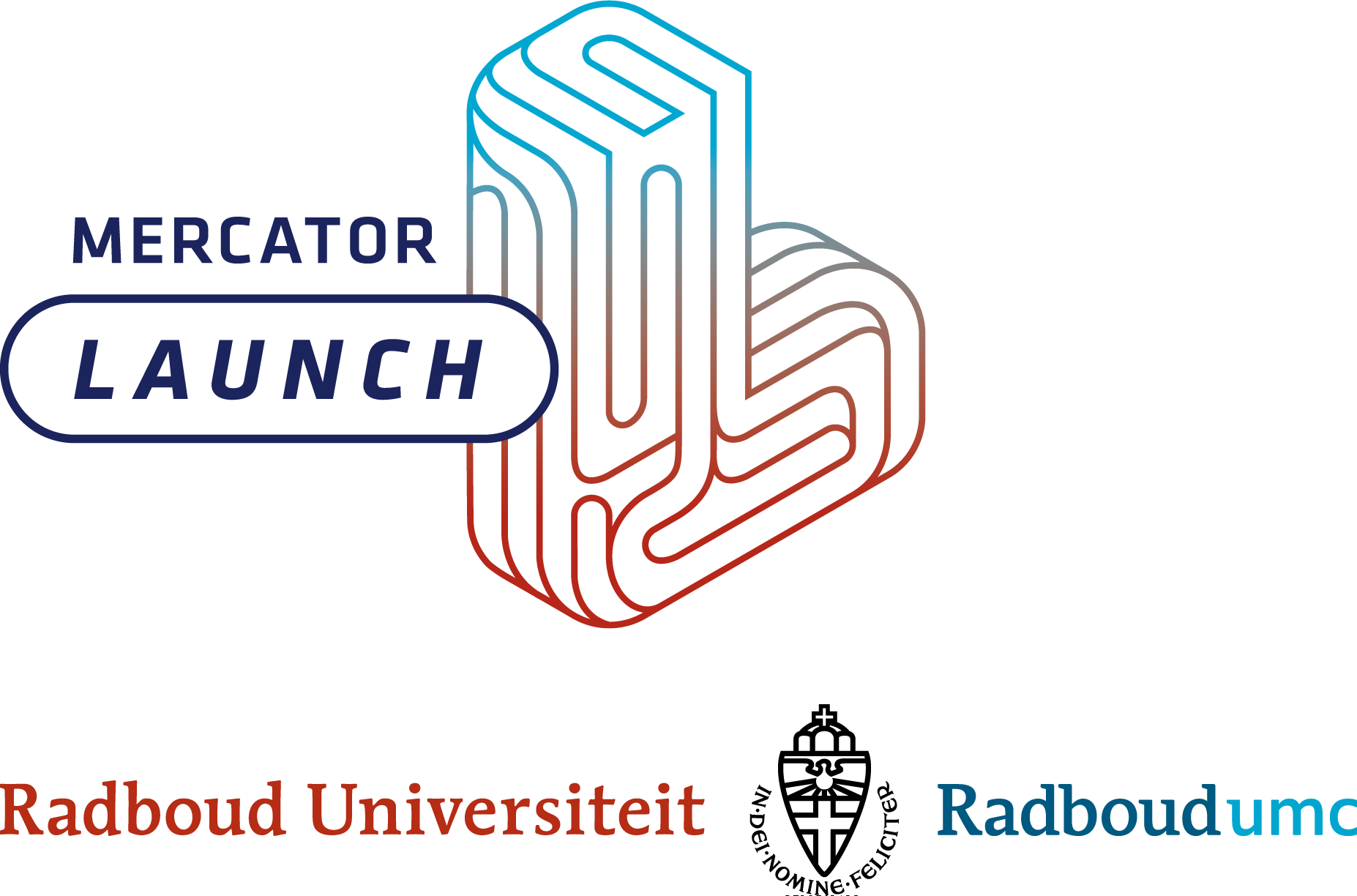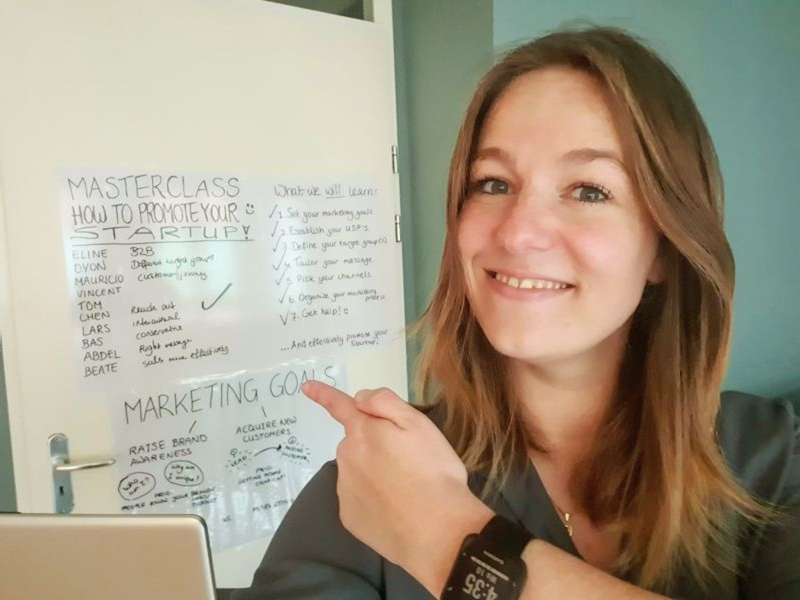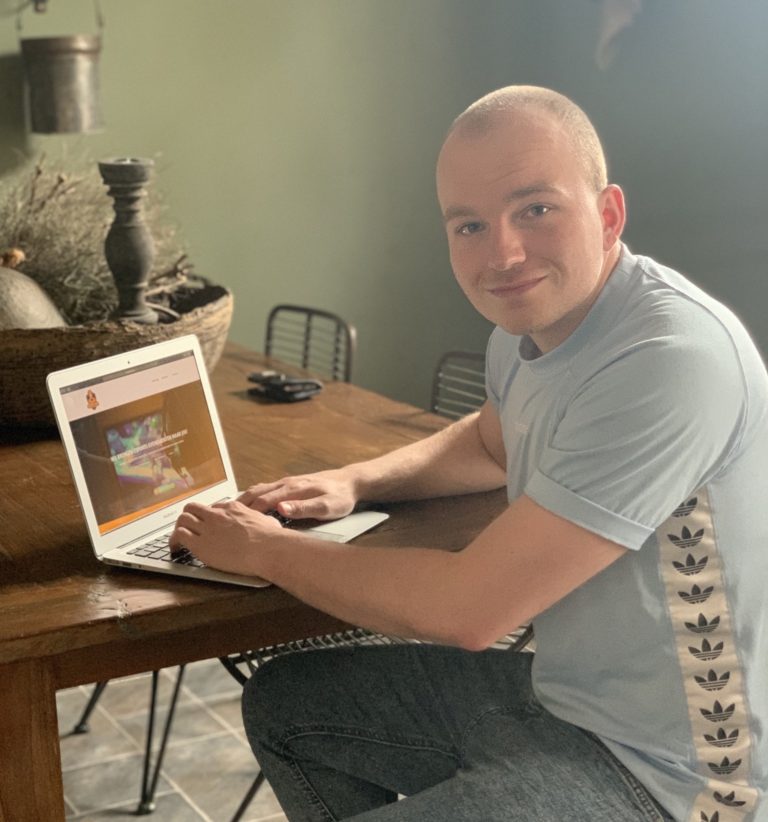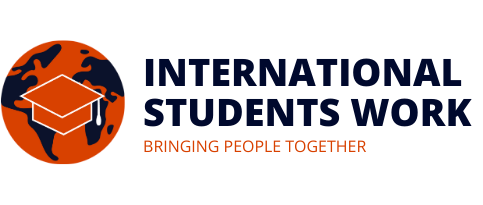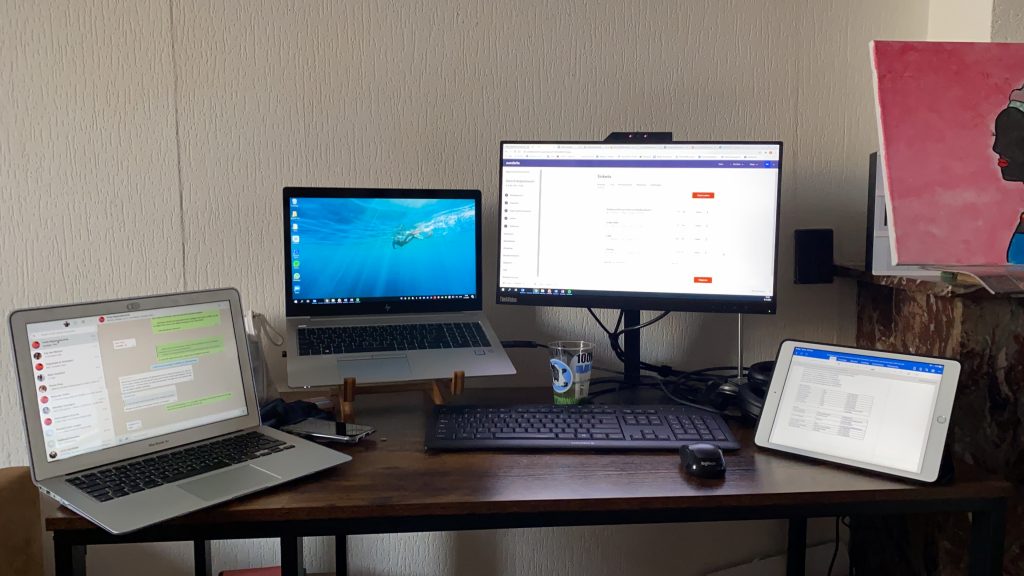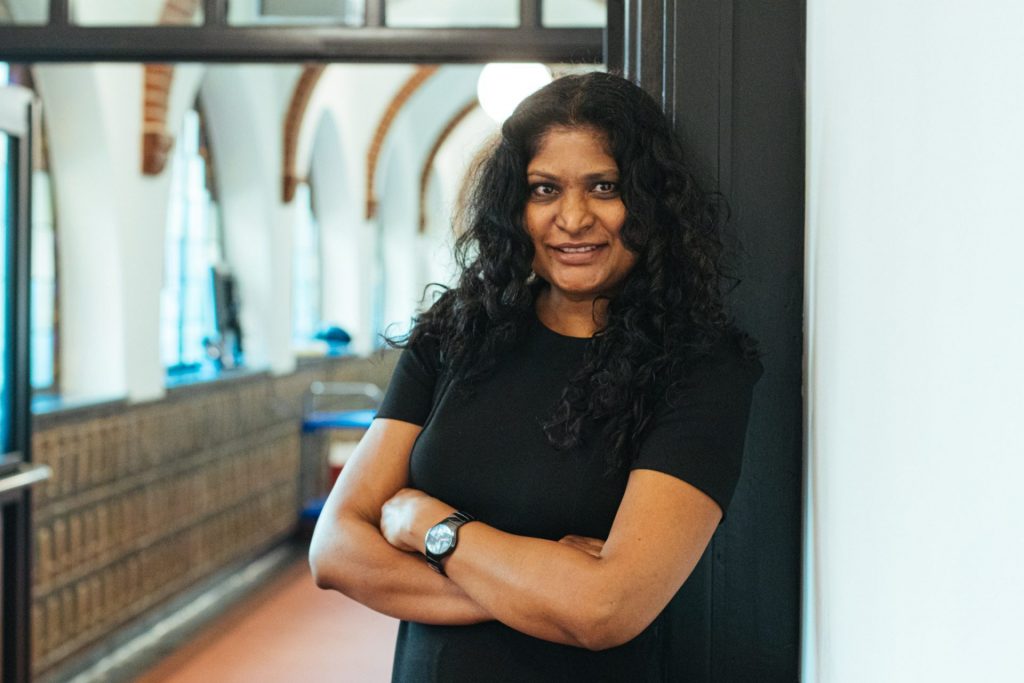
It’s April 2021 and we are working digitally for over a year already. It’s not always easy to find a routine in your day at the home office. In this list, we offer you some tips to make your digital working day as comfortable as possible.
- Communication: ‘’you’re still muted’’
Where previously communication and decision-making was fast and easy while being together at the office, it now requires more effort to reach out to your team in order to discuss a topic. There are however tools to facilitate fast and efficient communication. The first one is the most traditional and old-fashioned one you can think of: it’s called the phone.
In The Netherlands, there is a good reason for saying ‘’De beller is sneller’’, so pick up that phone if you need something from your teammates or business partner or simply want to have a chitchat to kick start the day. Other beneficial channels are for example Slack, Whatsapp for Business, Microsoft Teams or Zoom.
2. Work/Life Balance: prioritize and realize that things can wait
These times it remains a hot topic: how to establish a healthy work/life balance? Firstly, it requires a little bit of your own effort to close your laptop after a busy day and leave it until the next morning. However, we can imagine that working and living in the same place could make that difficult. Try to remember that not every mail, message or task needs to be completed the same day. You could apply the simple ABC Method to prioritize your jobs and get more grip on your work day.
3. Take a walk they say, it will be good for you, they say
We know a lot of you can’t stand to hear it anymore: take a walk and exercise. Guess what? It is true… When you start your day with a stroll around your house, you feel more energized for the rest of the day. Another thing you can do is to schedule your meetings in combination with a walk. Next to some exercise, you get the opportunity to meet your colleague in real life. And last but not least, to vitalize your body, try to do your work in standing position occasionally. It gives you more freedom to move which results indirectly in higher productivity and creativity. Don’t have the money to buy such an expensive desk? No worries, because with Stand Up Box you can simply create your own standing desk.
4. Distraction is annoying
There is always more work to do than we anticipate beforehand. Distraction by communication channels such as Outlook, Whatsapp or Slack disturbs your concentration and withholds you from ‘’getting things done’’. It’s recommended to go digitally ‘’offline’’ now and then to focus on the job that needs to be done. Only look at your mail twice a day for half an hour or simply turn off the notifications for a while until you finish your work.
